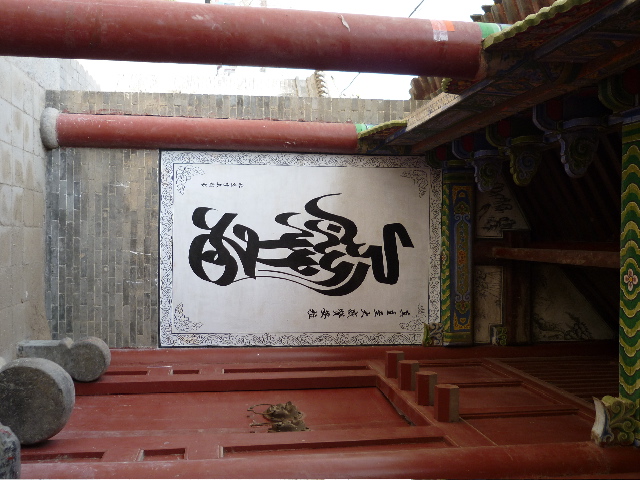Mexico: US spied on former president Calderón
In the latest US spying revelations, documents show the NSA considered the Mexican government an “important target” and the president’s office a “lucrative source.”
In the latest US spying revelations, documents show the NSA considered the Mexican government an “important target” and the president’s office a “lucrative source.”
Brazil's president calls off a visit to DC as the US is left trying to explain how spying on Brazil's oil company could be necessary for the war on terrorism.
In the latest US intelligence scandal, the NSA is caught bragging about its ability to intercept messages to and from the presidents of Latin America’s two largest countries.
The US has been spying on telecommunications in Brazil, Colombia, Mexico and 11 other Latin American countries—with a focus on oil and other economic issues.
What appeared to be a clumsy effort to catch US secret leaker Edward Snowden seems to have backfired: three Latin American countries have now offered Snowden asylum.
Edward Snowden seeks refuge in Ecuador, just as the Andean country has passed a media law protested by the Committee to Protect Journalists as imposing arbitrary censorship.
Claiming standing as a Verizon customer, the American Civil Liberties Union filed suit against the National Security Agency, challenging its recently revealed phone data collection.
NSA whistleblower Edward Snowden has been a big hit among freedom-hungry Chinese cyber-cognoscenti, placing Beijing in a bind on whether to support or betray him.
The media are abuzz with reports that the CIA has a secret drone base in Saudi Arabia—but the New York Times and Washington Post admit they sat on the information for two years.
The American Civil Liberties Union (ACLU) called on US President Barack Obama early on the morning after his re-election to shut down the Guantánamo Bay military prison.

The dark days of state collaboration with Colombia's murderous paramilitary groups were recalled with the arrest in New York of Javier Valle Anaya, former sub-director of Bogotá's Administrative Security Department (DAS), a now-disbanded intelligence agency that was found to be feeding information to the paras. Valle Anaya was detained on an immigration violation, but may face extradition to Colombia, where he is wanted in connection with the 2004 assassination of a human rights activist in Barranquilla. Ironically, the arrest comes just as a new scandal has emerged concerning an illegal network of chuzadas—Colombian slang for eavesdroppers. Retired National Police general Humberto Guatibonza was arrested in Bogotá, charged with running a chuzada ring that spied on labor activists—particularly members of the airline workers union, ACDAC. (Photo via Contagio Radio)

With China accused of detaining hundreds of thousands of Uighur Muslims without trial in its western province of Xinjiang, a BBC investigation analyzed satellite data to determine that the detention camp system in the region is rapidly expanding. Reviewing images from the European Space Agency's Sentinel satellite service, the BBC finds at least 40 such facilities across Xinjiang, half built within last two years—with a big thrust of construction just in the past six months. Among the largest is a "massive, highly secure compound" still being built at Dabancheng, about an hour's drive from the provincial capital, Urumqi. It is enclosed within a two kilometer-long exterior wall punctuated by 16 guard towers. (Photo via UNPO)